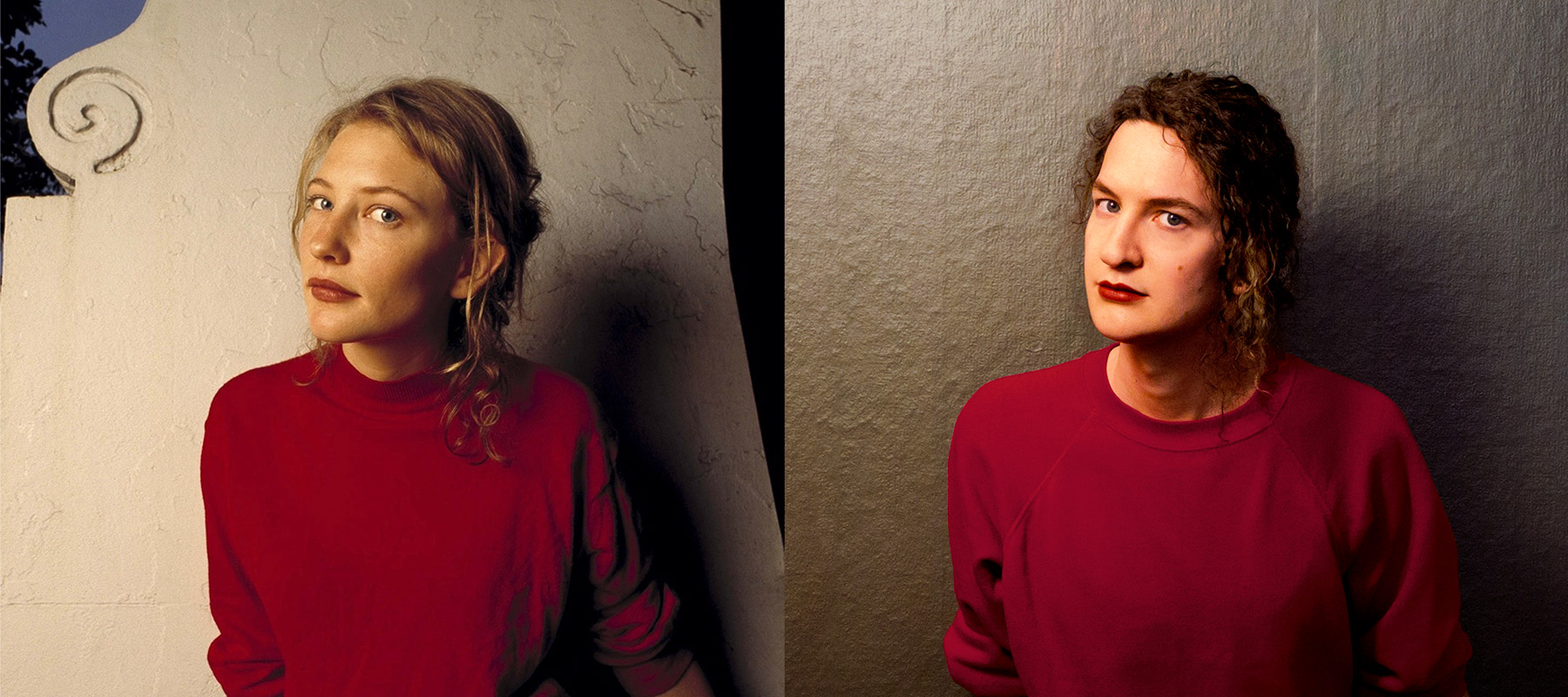And if I find what I’m looking for, by the way. If I do, will I know that I found it? And will I know what to do with it?
Those are silly questions. You can only go by assumptions, some high quality guesses. Even if people tell me they love me, do I always believe it? That’s what I mean by the above being silly questions. Because I wouldn’t dare to believe it. I want to, but I’m afraid to, because love found is love to lose.
Pathetic. Sorry. What can I do that will help me to not worry about things that haven’t happened? How can I live in the moment, focus more on the feelings of the now, of the last hour with you on my side, of the past two months with you seeking me out as much as I have sought you out? For my part, I’m not taking any pills about it, but I’m doing a few things. I’m a little embarrassed to admit these next few ❝mental health tricks❞, because it does feel like I should have known these would work, at my ripe age of 36. But I know it now, and that’s something.
1: Meditation
I’m meditating again. I used to do it daily for about a year and a half, some fifteen years ago, and I should have considered it sooner. I get into the groove relatively easily – even if some days are harder than others – and afterwards I do feel fresh and a little cleaner. That’s what it always did for me, help me sort thoughts by, paradoxically, not engaging with any of them. Every thought that occurs as I sit there and focus slowly and steadily on my breathing, I dismiss as I exhale. And with every day I do it, I find it easier to get to the state where I can dismiss a thought I really don’t need in that moment. If it’s important, I tend to know the difference.
2: Gratitude journaling
Almost daily, I try to write down or photograph or otherwise intentionally remember something that was nice, perhaps even the nicest thing of the day. At the very least, it’s good to look back and see that, really, there’s always something nice in a day, even if it’s just a magpie doing a little strut in the neighbourhood, or the moon shining through the trees. But at its best, I’m also looking for the nice things. I’m intentionally keeping my ears and eyes open to kind words, pretty sights, and of course local birds.
3: Routine hygiene
I think everyone has daily habits that they have gotten used to that, if we’re being honest, have decayed a little. Maybe your medicine cabinet needs a bit of sorting. My purse definitely has things in it that I do not need daily, or worse, like a used chapstick or an empty pen. The habit is a good one – like the chapstick, during the cold and dry Norwegian winter – but in practice I could do with an upgrade. So I sort the cabinet out, I go through my purse, I inspect my habits every now and then and make sure that I like how I do them. It helps me to keep connected to things that are good for me, but also keeps me in control of them. So I’m not all autopilot: I’m doing good for myself.
Corny huh. I hate to admit that it works. It has helped me settle the seeking mind. Not control, not certainty, not constant affirmation, but centring myself, reminding myself of the good things, and doing good on purpose. No, I don’t do all of it every day. I’m great but I’m not perfect. But I try.
